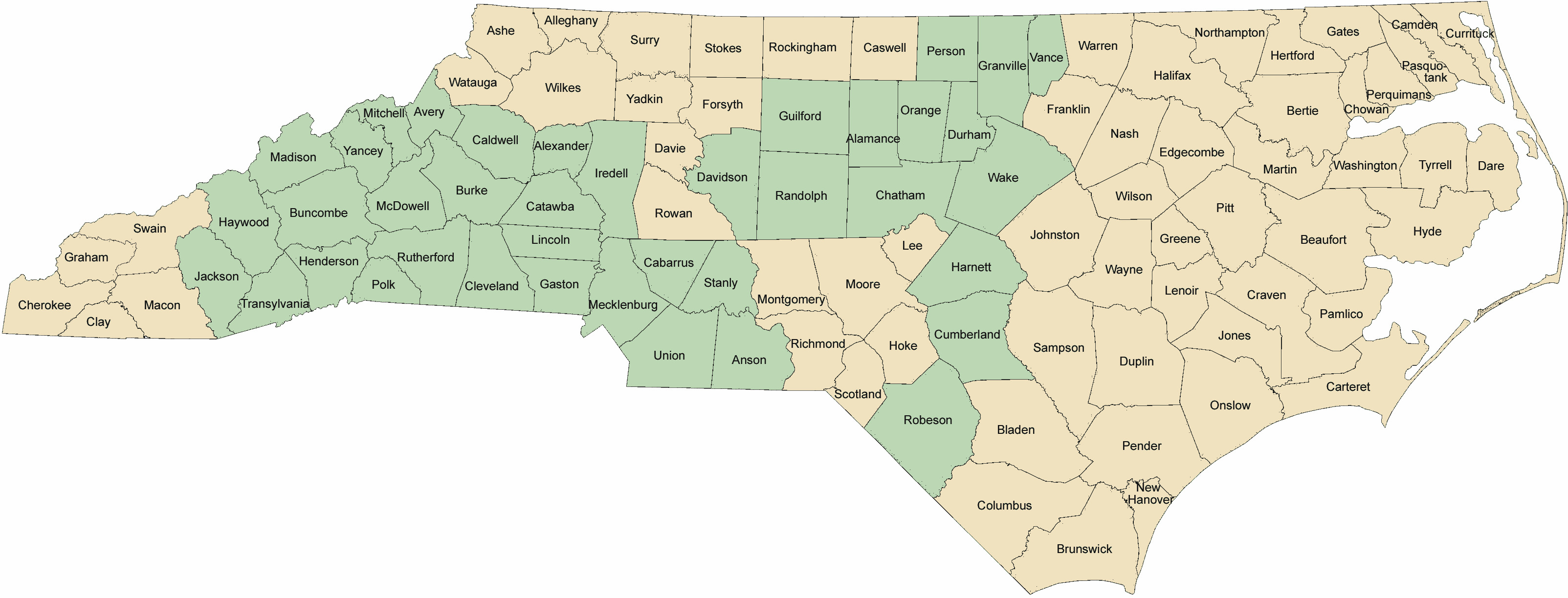The deadline to purchase an Obamacare exchange plan is quickly approaching. Unless your insurer granted a one, or even two, year extension of a noncompliant Obamacare policy, your deadline of March 31, 2014 is just 10 days away.
North Carolina’s policies offered on its federally-facilitated exchange come with some of the highest premium increases in the nation (mostly for males) compared to pre-Obamacare plans within the non-group market. Using this information, supporters of the law make a popular claim that if North Carolina had opted for a state-based exchange, the state would possess more control over the operations of its health insurance marketplace. More flexibility could then leverage more insurers to participate in the non-group market, effectively driving down the cost of premiums through healthy competition.
Sounds logical.
From a policy point of view, however, this may not be the case. Under federal law, whether a state decides to go forward with a state or federal exchange, Health and Human Services Secretary Kathleen Sebelius must give final approval. Michael Cannon, director of health policy studies at the Cato Institute, outlines why:
Three provisions of the PPACA give federal officials complete and total control over state-funded exchanges. First, the Act empowers the Secretary of HHS to impose on state-funded exchanges, ‘such…requirements as the Secretary determines appropriate’. Second, the Act specifies that states ‘may not establish rules that conflict with or prevent the application of regulations as promulgated by the Secretary.’ Third, the Act grants the secretary final authority to approve or reject a state-based exchange.
North Carolina does lack a competitive exchange, since just two insurers are participating (Blue Cross and Blue Shield and Coventry Health Care). Sufficient competition will most likely not arise. Blue Cross and Blue Shield has roughly 85% of the individual market and is the only insurer operating in all 100 counties of the state. Coventry offers Obamacare plans in just 39.

North Carolina is probably facing higher premium increases than other states because its pre-Obamacare individual insurance market was more de-regulated. In other words, premiums were lower for individual policyholders in North Carolina than for consumers in other states that had already imposed regulations like guaranteed issue and community rating. Take New York, for example. New York has more than a dozen insurance companies competing within its state based exchange. But because of Obamcare’s individual mandate, premiums are now dropping for New Yorkers. Prior to Obamacare, New York had tighter community rating ratios than Obamacare enforces (a limit on where insurers can individually price consumers based on age, gender, and health status), and already exercised guaranteed issue for those with pre-existing conditions.
Additionally, the American Action Forum presents another arresting factoid based on a study comparing state and federal health insurance premiums for a 30-year old male. The averages of the most inexpensive premiums in state exchanges were compared to those of federal exchanges. The results were an average of less than $7 difference.
It also may end up being a wise decision for North Carolina along with 34 other states to have honored the feds with the responsibility of administering their federal exchanges. As expressly written in the law, only state-run exchanges shall receive federal subsidies that offset the cost of plans for eligible policyholders. Unfortunately, the IRS unilaterally tweaked this provision of the law, allowing subsidies to flow in both state and federal exchanges. Halbig vs. Sebelius, a lawsuit gaining national attention, will be heard at the U.S. Court of Appeals for the D.C. Circuit next week regarding the illegal distribution of taxes in federal exchanges. This case has a shot at dismantling the very viability of Obamacare and may open a window for real health insurance reform in the future.
Click here for the Health Update archive.
You can unsubscribe to this and all future e-mails from the John Locke Foundation by clicking the "Manage Subscriptions" button at the top of this newsletter.


